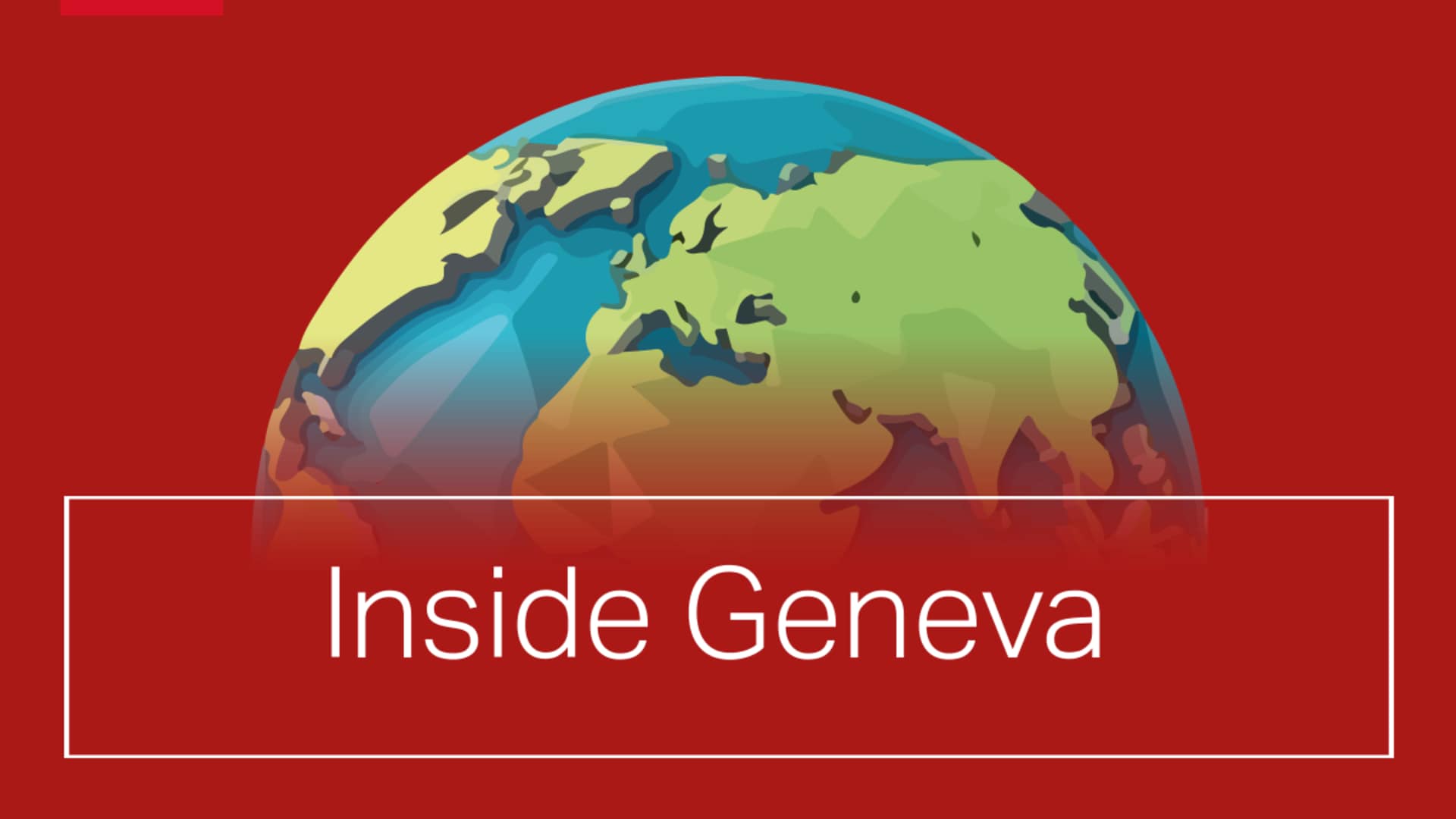Science Diplomacy and the Global State of Affairs
International science is facing an existential challenge and we need to discuss science diplomacy within that context.

Send us a link
International science is facing an existential challenge and we need to discuss science diplomacy within that context.

Contemporary science diplomacy holds promise not only to strengthen diplomatic and science realms but also to advance sustainable development transformations.
This interview discusses the evolution of science diplomacy in recent years, highlighting the challenges faced by a field that was initially designed to address the Sustainable Development Goals.
The American Association for the Advancement of Science and the Royal Society have launched a new framework for science diplomacy.
President Trump sees himself as a dealmaker and Elon Musk sees himself as a science-based innovator. Might this fabled partnership lead to a confluence towards what is termed “science diplomacy?”
For thousands of years, the Nile River has been a vital resource for millions of north-east Africans on it for irrigation, drinking water, fishing and hydroelectric power. With the Nile being shared by 11 countries, disputes persist.
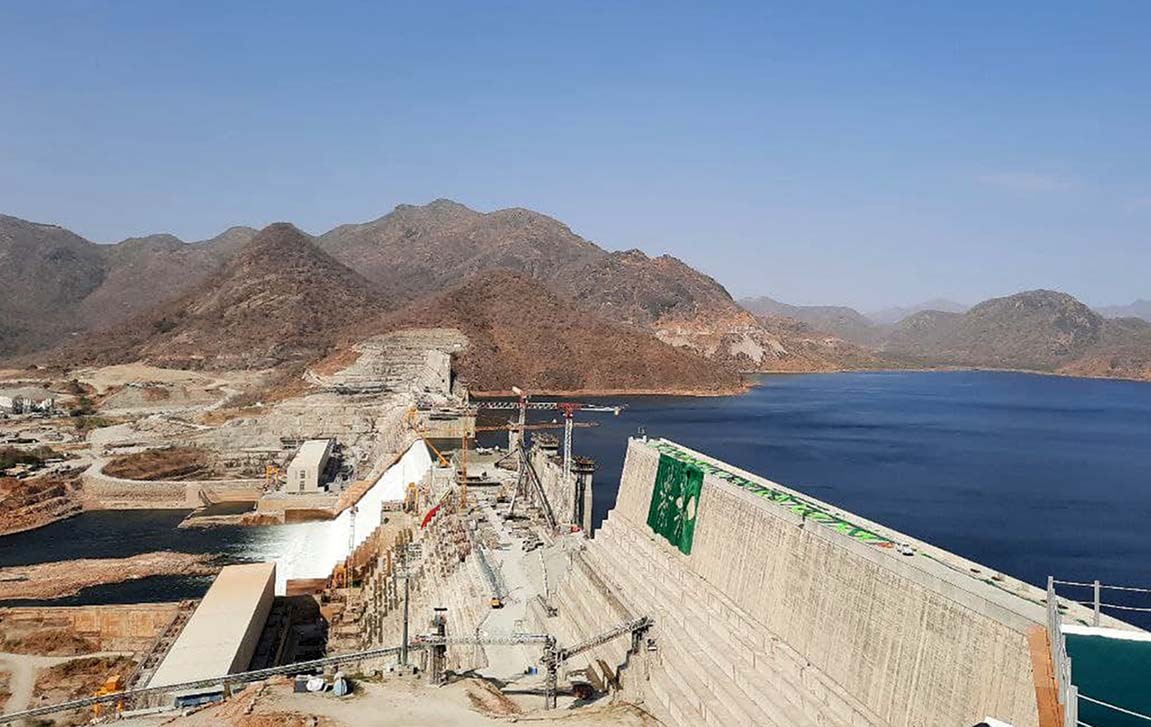


Nowhere is science diplomacy so pressing than in the context of one of the most complex conflicts of our generation: that between Israelis and Palestinians.
n the South China Sea, the field of marine science could be seen as a catalyst for functional cooperation in the region. In reality, it often reflects regional asymmetries and has become yet another domain in which the weight of China is ultimately a destabilizing factor, according to Sophie Boisseau du Rocher.
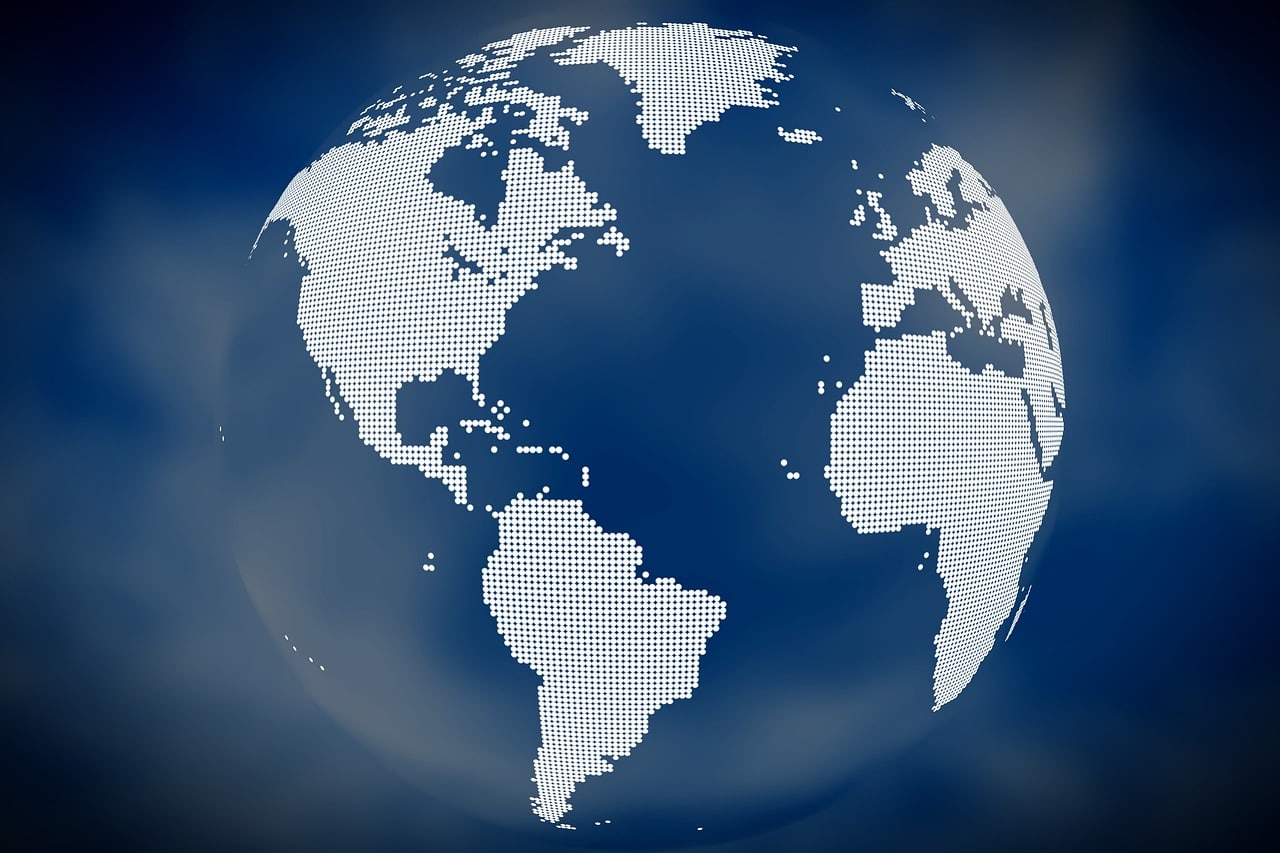
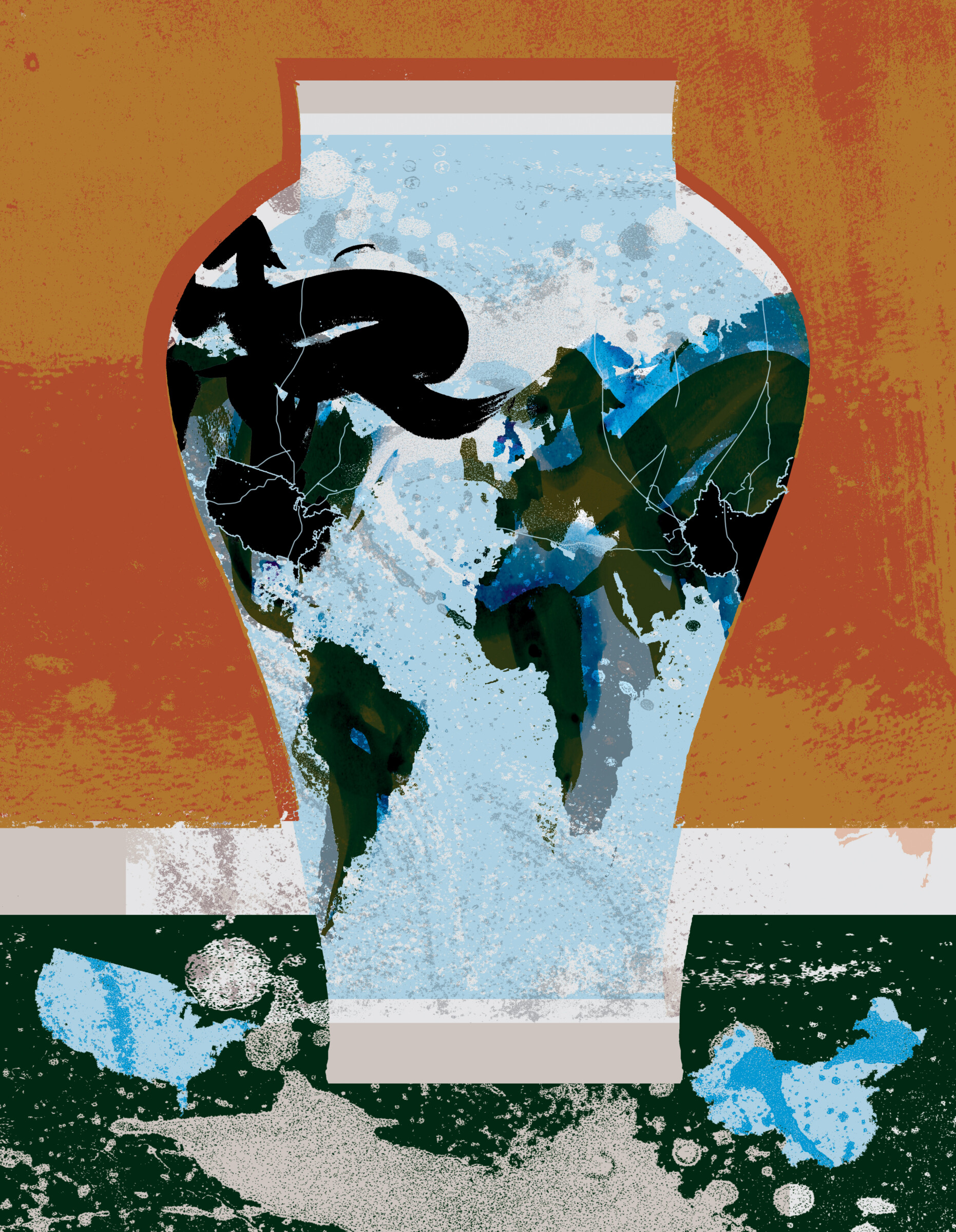
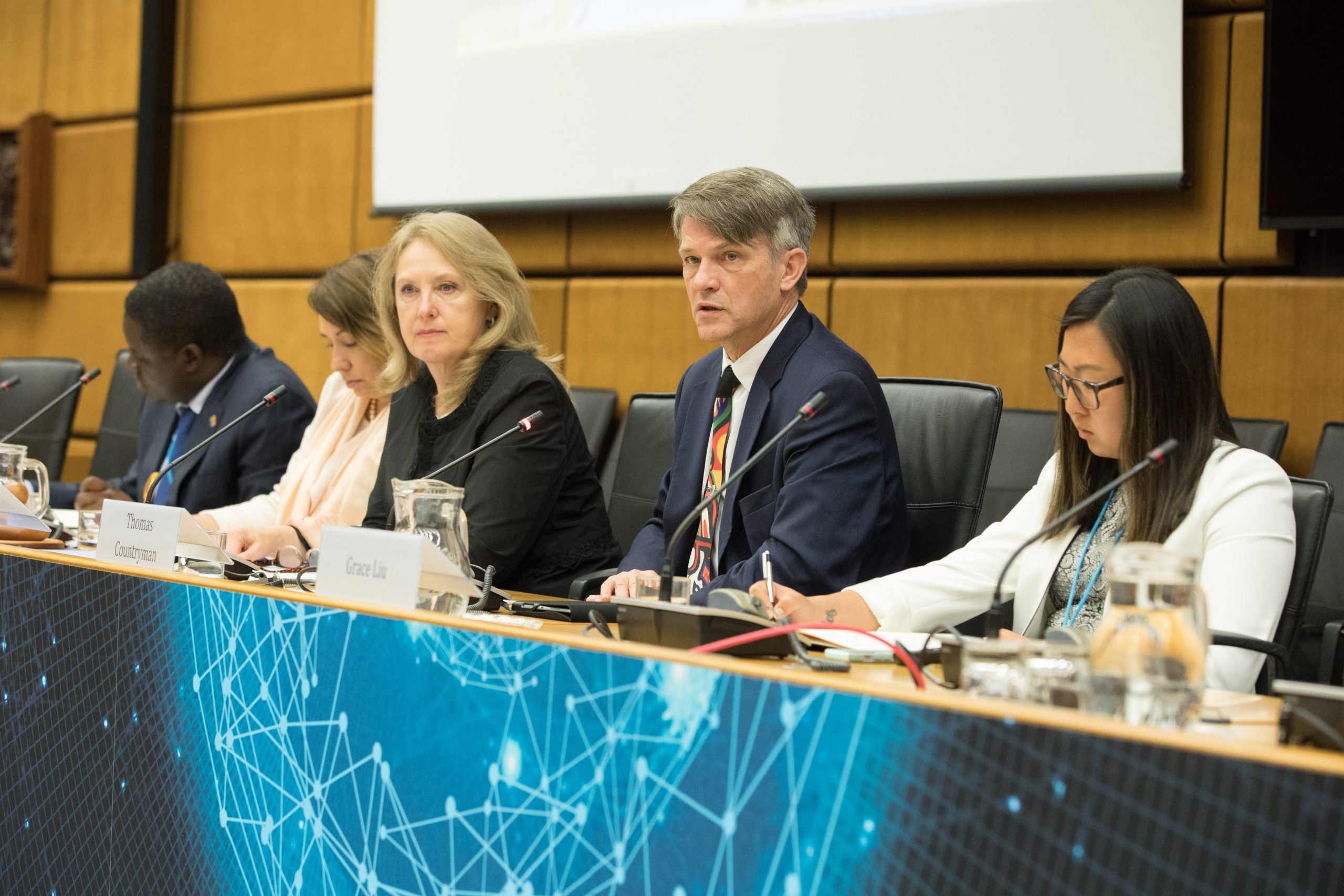


The US has extended a historic science and technology agreement (STA) with China by six months, but now needs to renegotiate the deal to mollify concerns that it aids Beijing's technological and military rise and fails to ensure a reciprocal research relationship.
China's government uses a variety of diplomatic tools to pursue its foreign policy aims including negotiating and signing formal bilateral science and technology.
The early 1970s brought fundamental transitions in international scientific collaboration, many of which are still relevant today.
This study investigates which objectives Southern actors pursue in intergovernmental science organizations (IGSOs) and under which conditions they are likely to achieve their objectives.
Applying the latest scientific insight and evidence is the starting point for science diplomacy. Three experts shine a light on the missing links between the two.

Science is being used as leverage in international politics. That must not become a barrier to countries working together on climate change, biodiversity loss, pandemic prevention and other pressing goals.

The EU is working on defining a new agenda for science diplomacy in the face of increasing geopolitical instability on the continent.
The White House sent a report to Congress urging that the US do a better job supporting international research collaboration - and saying that currently it is losing out to China and other competitors because of poor organisation.
The ingenuity of scientists helped accelerate the recovery from COVID-19. In close cooperation with society and policy-makers, it can lead the way to the future.

What has science diplomacy been capable of since the turn of the 21st century?

If the vaunted features of science that are used rhetorically to promote and justify its status as an aid to international affairs are truly valued, it would be precisely in the most trying circumstances that science diplomacy should remain a viable alternative.
A leading German member of the European Parliament urged the EU to sever all scientific relations with Russia, stepping up pressure from Berlin to use science as a diplomatic weapon against Moscow.
Diplomats and scientists often live in different worlds and don't have open access to each other's community.
